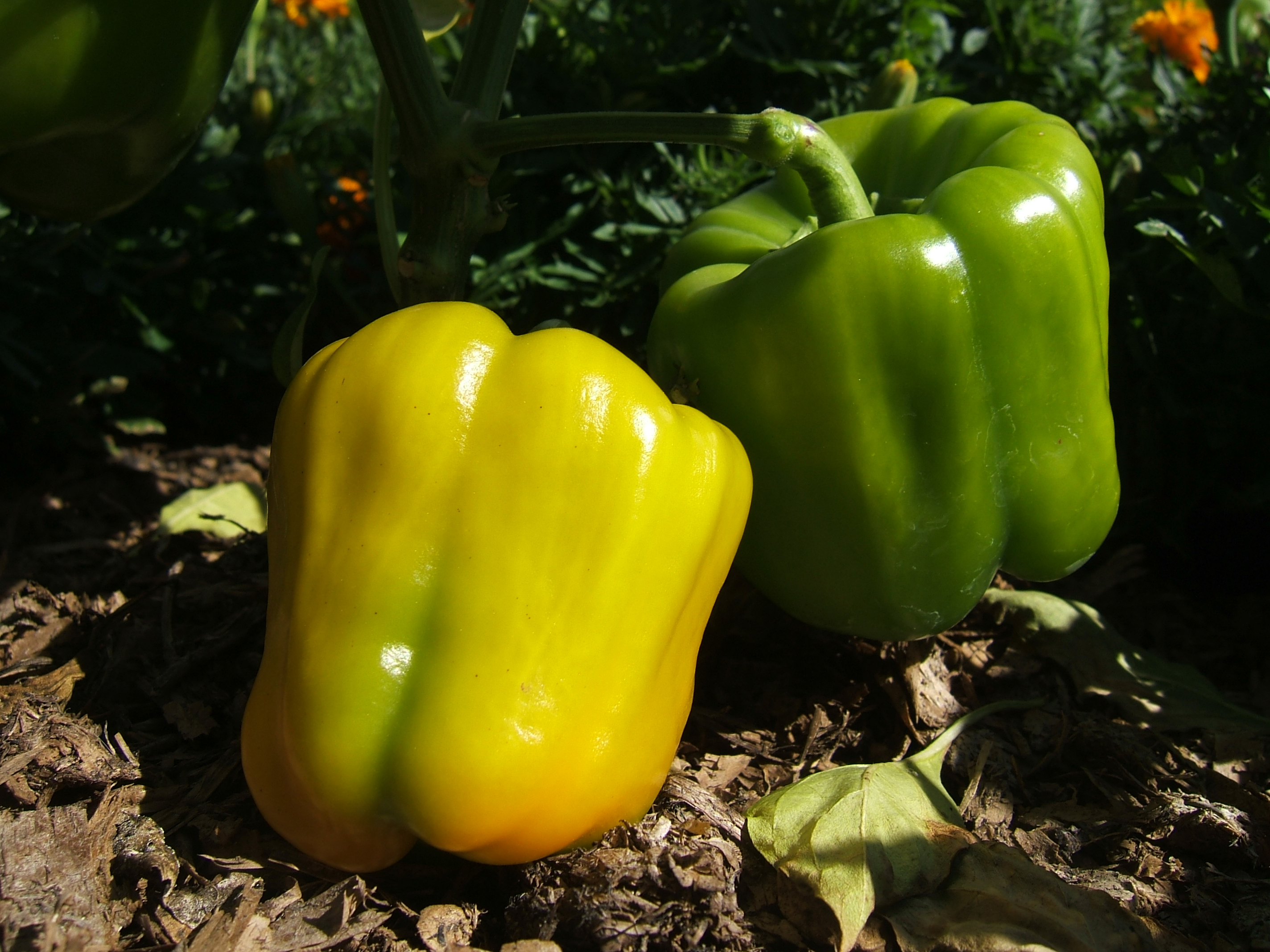Organic Vs. Synthetic Fertilizers: Which Is Best for Nurturing Healthy And Balanced Pepper Plants?
In the world of nurturing healthy pepper plants, the choice between organic and artificial fertilizers stands as an essential decision with far-reaching implications. While both options objective to supply necessary nutrients to sustain plant growth, the subtleties of their influence on the soil, plant health, and the setting trigger a debate that echoes throughout the horticulture area. Recognizing the distinct advantages and possible mistakes of each plant food type is important for pepper farmers looking for to optimize their yields while preserving an eco-conscious and sustainable approach.
Benefits of Organic Plant Foods
Organic plant foods offer an environmentally-friendly and sustainable approach to nourishing pepper plants, giving vital nutrients without the usage of artificial chemicals. These natural fertilizers are derived from natural sources such as compost, manure, bone meal, and algae, promoting dirt health and wellness and biodiversity. Unlike artificial fertilizers, organic options launch nutrients slowly, making sure a constant and well balanced supply for pepper plants to grow.
One considerable advantage of organic fertilizers is their ability to improve soil framework and water retention. By enhancing soil wellness, organic fertilizers advertise helpful microbial task, which helps in nutrient uptake by pepper plants. Additionally, organic plant foods lower the risk of chemical run-off, protecting water sources from contamination and protecting the atmosphere.
Furthermore, natural fertilizers add to long-term dirt fertility by promoting the growth of helpful dirt organisms. These microorganisms aid break down organic matter, launching nutrients in a form that is conveniently accessible to pepper plants. best fertilizers for peppers. By promoting a healthy and balanced dirt community, organic plant foods support sustainable pepper farming methods that profit both plants and the atmosphere
Drawbacks of Synthetic Plant Foods
Artificial fertilizers, as opposed to their natural counterparts, pose numerous downsides when used to nourish pepper plants, impacting both plant health and ecological sustainability. One major downside of synthetic fertilizers is their propensity to leach nutrients from the soil rapidly. This fast leaching can lead to nutrient inequalities in the soil, causing plants to endure from poisonings or deficiencies. Additionally, artificial fertilizers can harm useful soil organisms, such as earthworms and helpful bacteria, interrupting the soil community's balance.
Additionally, the overuse of artificial fertilizers can add to water air pollution. Excess plant foods not taken in by plants can remove right into water bodies, resulting in eutrophication, where algae blooms diminish oxygen degrees in the water, hurting aquatic life. Artificial fertilizers are generally obtained from non-renewable sources, such as fossil fuels, adding to carbon exhausts and ecological destruction during their manufacturing.
Nutrient Absorption Contrast
Reliable nutrient absorption plays an important role in the general health and wellness and growth of pepper plants. When contrasting artificial and organic fertilizers in terms of nutrient absorption, natural plant foods have the advantage of providing an extra well balanced and slow-release source of nutrients (best fertilizers for peppers). Organic fertilizers contain a variety of macro and trace elements that are not only helpful for the plants but also advertise healthy dirt microbial activity, which aids in nutrient uptake. On the various other hand, synthetic fertilizers frequently provide a quick launch of nutrients, which can cause leaching and runoff, causing reduced nutrient absorption prices by the plants.
In addition, organic fertilizers enhance soil structure and water retention ability, permitting pepper plants to gain access to nutrients much more effectively. This improved soil high quality assists in root development, allowing much better nutrient absorption. Synthetic plant foods, although originally boosting plant development as a result of their high nutrient focus, might hinder long-lasting nutrient absorption by derogatory dirt health and wellness over time.
Environmental Impact Factors To Consider

On the various other hand, artificial fertilizers, although commonly even more immediately offered and concentrated to plants, can have damaging results on the atmosphere otherwise used properly (best fertilizers for peppers). Their production calls for high power inputs, bring about greenhouse gas emissions and adding to environment adjustment. Furthermore, the runoff of excess artificial plant foods can pollute water resources, leading to eutrophication and hurting marine ecological communities.
Finest Plant Food Practices for Peppers
To achieve this, it is crucial to follow best plant food methods customized to the details demands look at here of pepper plants. One crucial technique is to do a dirt test prior to using any plant foods.
Another vital technique is to fertilize pepper plants at the correct time. Generally, peppers gain from getting plant food at planting and afterwards again when they begin to blossom. Over-fertilizing can lead to nutrition discrepancies and harm the plants, so it is important to adhere to recommended application rates.
Additionally, selecting a well balanced fertilizer with an NPK ratio that fits pepper plants' needs is essential. Eventually, integrating natural and artificial plant foods deliberately can aid nurture healthy pepper plants while decreasing environmental effect.
Conclusion

Organic fertilizers offer an environmentally-friendly and sustainable method to beneficial pepper plants, supplying important nutrients without the usage of synthetic chemicals. Unlike synthetic plant foods, organic alternatives release nutrients gradually, guaranteeing a balanced and stable supply for pepper plants to flourish.
Artificial plant foods, in comparison to their organic equivalents, posture numerous disadvantages when utilized to nurture pepper plants, affecting both plant wellness and environmental sustainability. When contrasting organic and synthetic fertilizers original site in terms of nutrient absorption, natural fertilizers have the advantage of offering an extra balanced and slow-release resource of nutrients.Additionally, organic plant foods enhance dirt framework and water retention ability, enabling pepper plants to accessibility nutrients extra successfully.